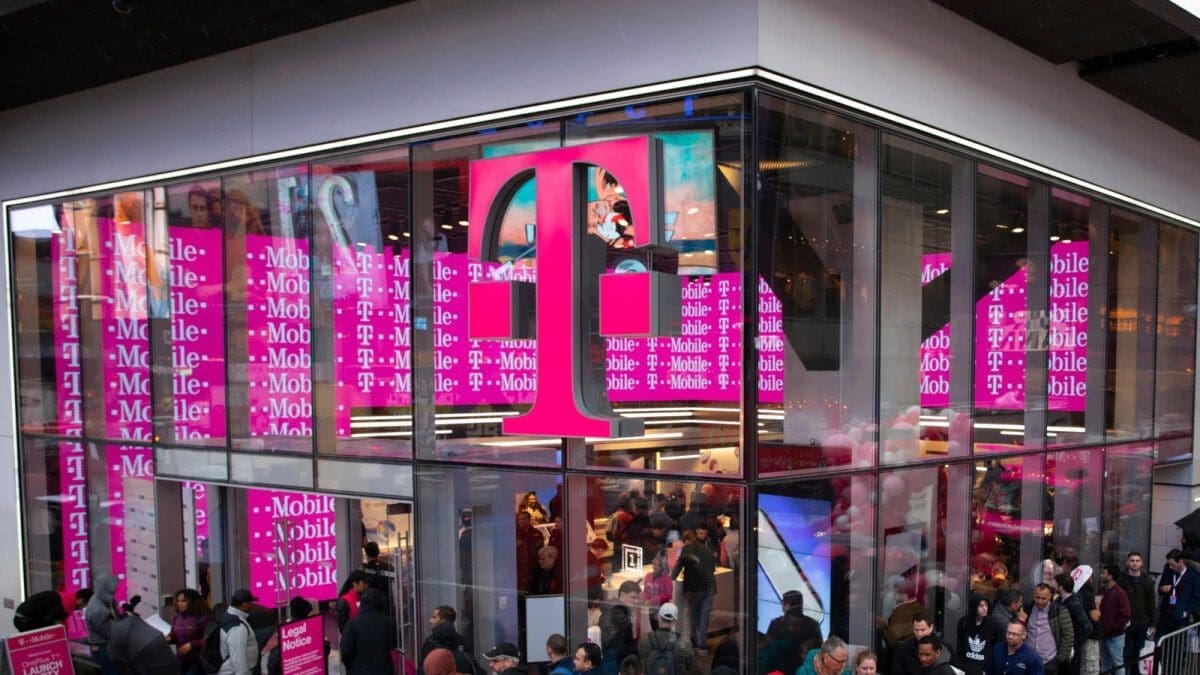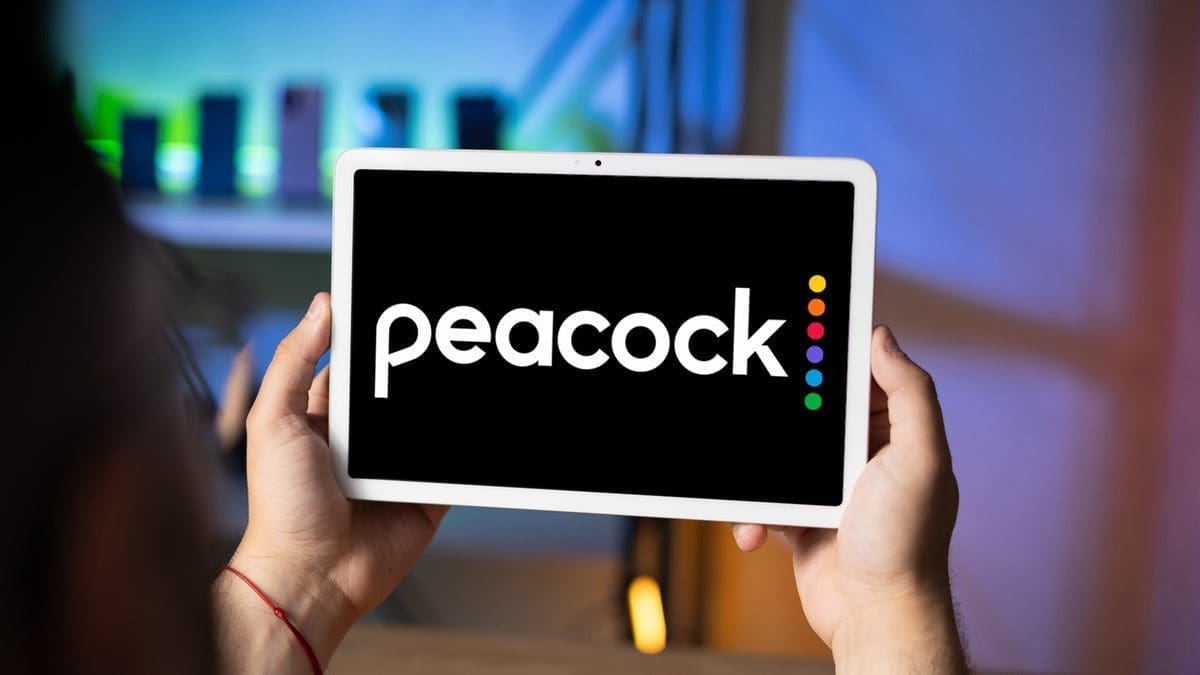T-Mobile opposes Dish’s request for an extension to buy 800MHz spectrum, stating that Dish should have been aware of potential financial hardships such as higher interest rates. Dish argues that events like the Ukraine war and the pandemic were unforeseeable and have impacted its ability to complete the purchase. Dish also emphasizes that the goal of the court’s final judgment allowing T-Mobile to buy Sprint was to maintain competition in the industry by having four major wireless providers. Dish highlights that T-Mobile was able to profit from acquiring Sprint and suggests that if it has to pay more to divest itself of the spectrum, it is inconsequential as the focus is on industry competitiveness.
T-Mobile claims that holding on to the 800MHz spectrum for an additional 10 months would incur additional costs of approximately $215.7 million. If Dish does not proceed with the purchase and the spectrum goes up for auction, its value would likely be lower since the licenses start expiring in March 2028.
While Dish Chairman Charlie Ergen previously stated that the 800MHz low-band airwaves were not essential, Dish clarifies that T-Mobile misinterpreted and “cherry-picked” his comments. Dish asserts that the spectrum is critical for its competitiveness in the wireless industry as it helps to reduce marginal costs and avoid network congestion.
Dish anticipates that the Department of Justice (DOJ) will support its position and file accordingly with the court. New Street Research (NSR) analyst Blair Levin suggests that despite the complexity of the decision, the DOJ is likely to side with Dish.
Regarding Burns & McDonnell’s involvement in the legal proceedings, it was speculated that the company represents the interests of electric utility firms that use spectrum. Dish refutes this rumor, stating that even if Burns & McDonnell’s group were to purchase the spectrum licenses, they would not fill the competitive void left by Sprint’s absorption into T-Mobile.
Sources:
– T-Mobile opposes Dish’s request for extension to buy spectrum, citing financial risks of higher interest rates.
– Dish argues that unforeseeable events like the Ukraine war and pandemic have impacted its ability to complete the purchase.
– Dish emphasizes the importance of maintaining competition in the industry after T-Mobile’s acquisition of Sprint.
– T-Mobile raises concerns about additional expenses if the 800MHz spectrum is not sold to Dish.
– Dish clarifies that the 800MHz spectrum is necessary for its competitiveness in the wireless industry.
– Dish expects the DOJ to support its position in court.
– Dish dismisses rumors surrounding Burns & McDonnell’s involvement in the proceedings, asserting that they would not replace Sprint as the nation’s fourth-largest wireless firm.











